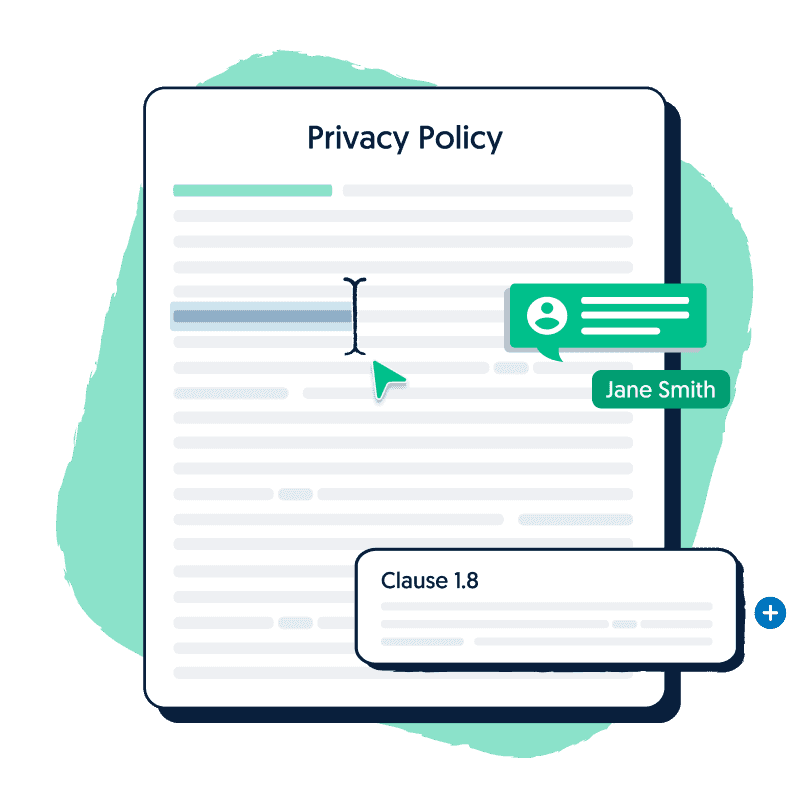Access to information has never been easier with the rapid development of technology. It is important that with such progression, employers are constantly reevaluating and updating their privacy policies. Establishing clear privacy obligations ultimately increases employee confidence and trust. This article will outline the scope of your privacy rights as an employee and tips for your employers in developing a workplace policy.
What does the law say?
The Privacy Act 1988 (Cth) (Privacy Act) sets out the requirements for the collection, use and disclosure of personal information. Examples of personal information include a person’s name, address, phone number or academic records. The Privacy Act includes 13 Australian Privacy Principles, also known as ‘APPs’, which apply to:
- Businesses with an an annual turnover of $3 million or more
- All private health services providers
- A limited range of small businesses
- All Australian Government agencies.
The APPs are principles-based law which means that organisations have the flexibility to tailor these principles in order to meet the employee’s individual needs. Although the Privacy Act does not apply to all businesses, all employers should aim to comply with these APPs to increase employee certainty and security.
Further, the APPs do not apply to information held by an employer for purposes under the Fair Work Act 2009 (Cth). This can include an employee’s personal and emergency contact details, wage or salary information, taxation, banking or superannuation records. You can read more about the APPs here.
Can my employer disclose my personal information to third parties?
There are some instances where your employer can legally disclose your information to a third party. Here are some examples.
Information requested by a Fair Work Inspector
A Fair Work Inspector can request access to employee information to ensure that the business is maintaining its employment obligations. In some circumstances, an employer is legally required to provide employment records to a Fair Work Inspector if a ‘notice to produce’ is issued.
Requests from legal bodies and government agencies
Government agencies, such as the Australian Taxation Office and Centrelink, may request for personal information about a business’ employees. Also, the court or the police may ask an employer to provide such information. As noted by the Fair Work Ombudsman, ask which law requires or allows you to disclose the information if a request for information about an employee is made.
Inspection by permit holders
There may be an instance where a permit holder requests to enter your workplace to investigate a suspected breach of workplace laws. A permit holder can inspect or copy documents that is only directly relevant to the suspected breach. The permit holder must ensure that the records substantially or entirely relate to a member of the union unless the Fair Work Commission allows otherwise. Employers can reject a permit holder’s request to inspect or copy documents if the process contravenes Commonwealth or state or territory laws.
Requests by an employee or former employee
An employer must provide a legible copy of an employee’s employment records if a current or former employee requests them. The copy must be provided within 3 business days or posted within 14 days after receiving the request. If the records are not kept on work premises, a copy of the employee’s records must be made available as soon as practicable.
Providing references
It is generally assumed that employers won’t breach privacy laws in providing employment references about former or current employees. However, employers should consider seeking consent before disclosing information and provide information that only directly relates to the individual’s employment. This can include work skills, performance and length of employment.
How can my employer protect my privacy rights?
As previously mentioned, the Privacy Act only applies to a small number of businesses and Australian Government agencies. Therefore, it is important that businesses implement these privacy principles in order to maintain security and workplace confidence. Here are some recommendations for employers when managing their employees’ personal information.

Get a free Privacy Policy when you sign up to Lawpath today.
A Privacy Policy is required by law in certain circumstances. It outlines how your business will use, store and collect your customers information.
Develop a privacy policy
Developing a workplace private policy ensures that there is a consistent approach to protecting privacy rights. The policy should provide guidelines as to what personal information the business collects and why, the process for accessing and correcting personal information, and how the business will respond to requests for such information. The policy can address the expectations on the use of social media, the internet and other technologies in the workplace. You can read more about developing your work privacy policy here.
Open communication
Having open communication about how the business is protecting personal information builds confidence amongst the employees. It is key that employees are comfortable enough to discuss issues of privacy and that the current policy framework reflects individual needs.
Training
Training workshops is another strategy that can communicate the business’ privacy policies. Employers can distribute copies of the business policies as well as guidelines to the use of electronic communications, including social media, in the workplace. This ensures that employers convey their obligations and that employees further understand the scope of their privacy rights.

Get a fixed-fee quote from Australia's largest lawyer marketplace.






